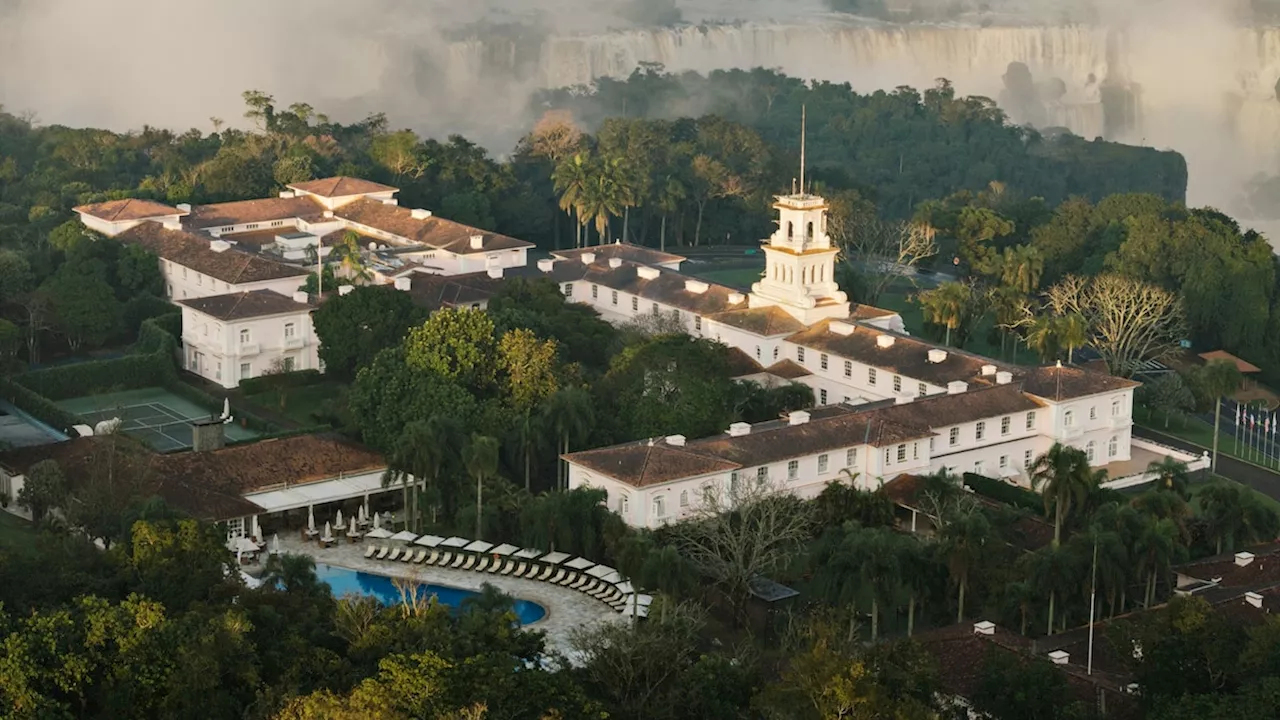Prosecutors in Brazil have called for a suspension of lithium mining activities in the state of Minas Gerais. This directive mandates that the National Mining Agency (ANM) review existing mining permits within the next 20 days. The agency is also prohibited from issuing new permits until adequate consultations regarding environmental and community impacts are conducted.
The request was outlined in a formal statement from the prosecutors, who emphasized the need for thorough evaluations to ensure that local communities are adequately informed and involved in decision-making processes. Lithium mining has been a contentious issue in Brazil, given its environmental implications and the growing demand for lithium in battery production.
Lithium is critical for the transition to renewable energy, as it is a key component in batteries for electric vehicles and other technologies. As global demand for lithium continues to rise, the Brazilian market has seen an increase in mining activities, particularly in Minas Gerais. The prosecutors’ call for a halt aims to balance economic growth with environmental protection and social responsibility.
The ANM has been tasked with assessing the compliance of existing permits with current regulations, particularly focusing on environmental safeguards. The agency is expected to engage with local communities to gather input and address any concerns related to mining operations. This includes ensuring that mining companies adhere to environmental standards and that their operations do not adversely affect local ecosystems.
This move reflects a growing awareness of the potential environmental consequences associated with lithium mining. Critics have raised concerns about water usage, deforestation, and the disruption of local communities. The prosecutors’ decision underscores the need for a comprehensive approach to resource management that considers both economic benefits and ecological sustainability.
As Brazil positions itself as a leader in the global lithium market, the outcome of this review could have significant implications. There is potential for both increased scrutiny of mining operations and the establishment of more robust environmental protections. The balance between resource extraction and environmental stewardship will be crucial as the country navigates its role in the evolving energy landscape.
The miners and stakeholders in the lithium sector will be closely monitoring the ANM’s actions in the coming weeks. The outcome of this initiative may set precedents for how mining permits are handled in the future, particularly in regions rich in natural resources but facing environmental challenges.
With lithium demand projected to surge, Brazil’s regulatory landscape will play a pivotal role in shaping the future of the industry. The decisions made in the following weeks will determine not only the path for lithium mining in Minas Gerais but also influence broader discussions about sustainable practices in resource extraction throughout the country.
